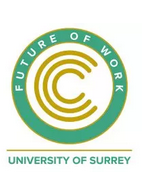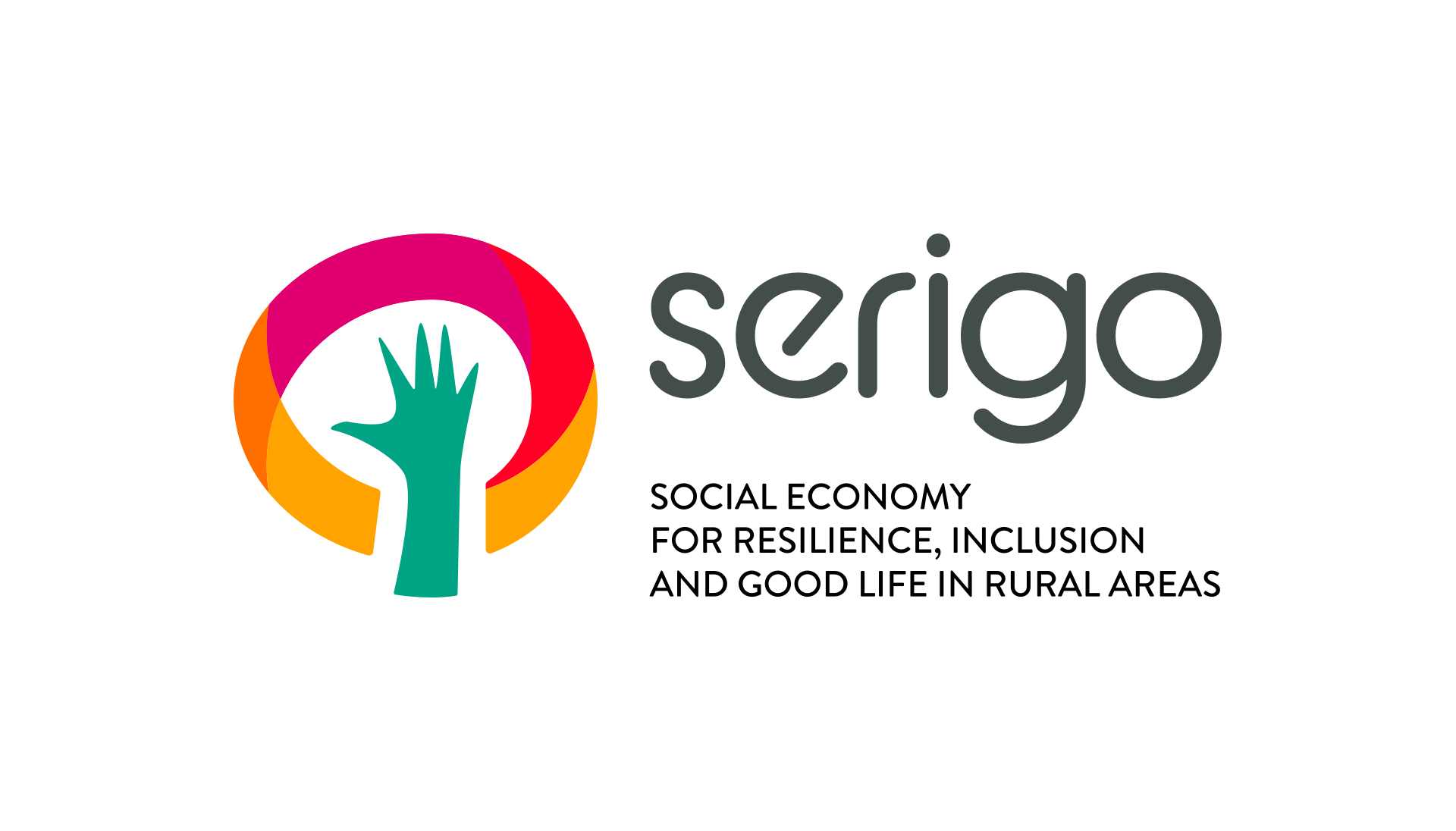Synergies

MOBI-TWIN is an EU-funded project dedicated to unravelling the dynamics of spatial mobility and its significant impact on European Union regions. The project aims to understand the intricate patterns of mobility and leverage this knowledge to foster regional prosperity.

The Future of Work Research Centre leads innovative interdisciplinary research on evolving work relationships and the factors driving these changes. Its work focuses on understanding the impact of these shifts on organizational effectiveness and human well-being, emphasizing the role of work in fostering inclusive, prosperous, and fair societies

REMAKING aims to deliver a policy-oriented framework reflecting the new and multi-faceted realities of remote working, facilitating policymakers to adopt place-based policies balancing the opportunities and risks of remote working and sharing practices to foster mutual learning on remote working in the novel scenario of megatrends and shocks.

WinWin4WorkLife seeks to foster sustainable remote working arrangements (RWA) in Europe by integrating employer and employee perspectives to promote a healthy, inclusive and sustainable work-life balance across various urban, rural, and cross-border settings. The project will collect novel and comprehensive data in 5 European countries, selected to represent different welfare systems, housing and labour markets, and cultural norms towards remote work.

The Remote-First Institute provides resources and support to organizations transitioning to remote-first work models. By focusing on best practices and strategies, the institute helps businesses enhance productivity and flexibility, shaping the future of remote work globally.

Hubs connects remote workers and digital nomads with local communities in both rural and urban destinations. It designs immersive workation experiences with flexible stays that combine professional productivity, community networking and cultural exploration. By fostering talent exchange, sustainable tourism, and community development, Hubs unlocks lasting benefits for destinations

INSPIRE is a HORIZON Europe project that supports wellbeing and social inclusion in rural areas through research, policy development, and targeted pilot actions. The project explores challenges related to social inclusion and access to social services in rural communities, while also offering capacity-building activities in social entrepreneurship, particularly for vulnerable groups. In seven pilot regions, Smart Village Labs engage local communities and foster inclusive, community-driven entrepreneurship.

Remote-IT (Remote and Hybrid work for Thriving Cities) is the first EU co-funded action planning network of cities exploring the different layers of remote work preparedness. Led by Dubrovnik through its development agency DURA, the network comprises eight cities. As a part of the URBACT programme, Remote-IT network addresses the challenges of hybrid and remote work in urban environment with focus on its relationship with urban development, aiming to equip cities with tools to enhance local economies, to reduce carbon footprints and to improve quality of life in response to changing work practices.

SMART ERA fosters resilience in rural areas by upgrading, co-designing, co-developing and co-validating a set of smart solutions with local communities. These solutions are integrated within Smart Innovation Packages (SIPs) and are able to tackle pressing socio-economic and environmental challenges, as well as promoting a community-led transition pathway.

The Empty Office is a project funded by the Swiss Network for International Studies. It explores how teleworking reshapes social relationships and well-being, highlighting both its opportunities and risks. Using an innovative mixed-methods design, the project combines qualitative and quantitative Social Network Analysis, collecting data on more than 28,000 social ties from teleworkers in Switzerland, Spain, Germany, and the Netherlands. By examining conflicts, support, control, and interruptions within personal networks, The Empty Office provides new insights into the social mechanisms that shape the impact of remote work on everyday life.

The ESIRA project is formed with the vision that empowering the socio-economic position of rural communities is crucial for sustainable economic development that respects and integrates diverse social structures and the practical needs of marginalized groups. It is focused on implementing innovative socio-economic initiatives, with a focus on developing local social networks in rural communities and improving the economic situation of marginalized groups. The ESIRA project involves mapping marginalized groups in rural areas and implementing innovative initiatives to strengthen their economic and social status. Local initiatives aim to reduce the unemployment rate and the risk of poverty among individuals in marginalized groups, while also increasing their participation in the labor market.

SERIGO [Social Economy for Resilience, Inclusion and Good life in Rural areas] is conducting community-based research, fostering collaborations, and providing policy recommendations on how social innovation can enhance rural communities. The project is exploring innovative solutions initiated by or involving actors from the Social Economy. With a focused approach to addressing the challenges faced by rural communities, SERIGO is committed to harnessing the capabilities of social economy actors to drive inclusive development initiatives.

SECreTour – Sustainable, Engaging and Creative Tourism, as a driver for a better future in rural and remote areas. The project focuses on cultural tourism, through a series of pilot cases, in the European peripheries. The pilot cases have been chosen to represent a full range of European territories, communities and heritage, including not only rural and agrarian landscapes, but also memory places of local identities, minorities, and conflictive dark heritage. The project aims to demonstrate how cultural heritage can be used as a real driver for sustainable and fair development, promoting at the same time its conservation.








